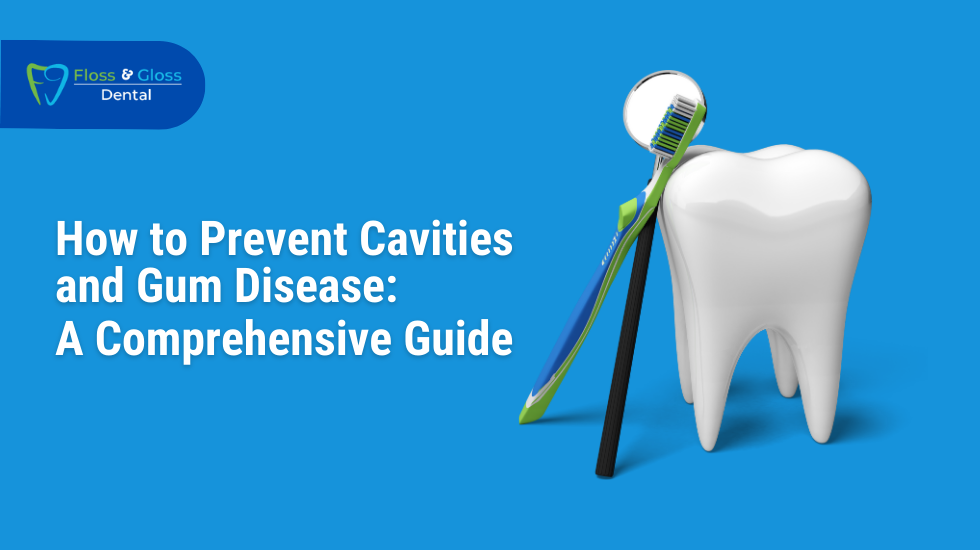Taking your child to the dentist for the first time can feel like a big milestone—and maybe a little nerve-wracking. But with the right preparation and a caring pediatric dentist in Bedford, TX, that first visit can be a positive, even fun, experience. Early dental care sets the foundation for a lifetime of healthy smiles, and starting early helps prevent cavities, ease anxiety, and build trust.
So, when should your child see a dentist? What should you expect? And how do you find a pediatric dentist in Bedford who truly understands kids? Let’s walk through everything you need to know.
When Should Your Child Have Their First Dental Visit?
The American Academy of Pediatric Dentistry (AAPD) recommends that children see a dentist by their first birthday—or within six months after their first tooth appears. That might seem early, but baby teeth play a crucial role in speech development, chewing, and guiding permanent teeth into place.
Waiting too long can lead to hidden problems like early childhood cavities (often called “baby bottle tooth decay”), which can develop as soon as teeth emerge—especially if your child drinks milk, juice, or formula from a bottle at bedtime.
A pediatric dentist in Bedford specializes in caring for infants, toddlers, and teens, using child-friendly tools, gentle techniques, and a calming environment designed just for young patients.
What to Expect During the First Visit
The first dental visit is usually short and focused on making your child feel comfortable. Think of it as a “meet-and-greet” with a smile!
Here’s what typically happens:
- Friendly introduction: The dentist and team will welcome your child warmly, often using playful language like “counting teeth” or “checking for sugar bugs.”
- Gentle exam: While your child sits in your lap or in the dental chair, the dentist will check their teeth, gums, jaw, and bite for any early signs of issues.
- Cleaning (if needed): For older toddlers, a light cleaning may be done—but only if the child is ready.
- Parent guidance: You’ll get practical tips on brushing, fluoride use, diet, and habits like thumb-sucking or pacifier use.
- No pressure: If your child is shy or upset, the team will go at their pace. The goal is a positive first impression—not perfection.
Many pediatric dental offices in Bedford even have toys, books, and TVs to help kids relax before and after their visit.
How to Prepare Your Child for Their First Dental Appointment
Preparation makes all the difference. Try these simple tips to ease nerves and build excitement:
- Talk positively: Avoid words like “hurt,” “shot,” or “drill.” Instead, say things like, “The dentist will count your teeth and make sure your smile stays strong!”
- Read books or watch videos: Stories like “The Berenstain Bears Visit the Dentist” or child-friendly YouTube videos can normalize the experience.
- Role-play at home: Pretend to be the dentist and “check” your child’s stuffed animals’ teeth.
- Schedule wisely: Book the appointment during your child’s most alert and happy time of day—often mid-morning.
- Bring comfort items: A favorite blanket or toy can help your child feel secure.
And remember: your attitude matters. Kids pick up on your emotions, so stay calm and upbeat!
Why Choose a Pediatric Dentist Over a General Dentist?
While general dentists can treat children, pediatric dentists go through two to three extra years of specialized training focused only on kids—from infants to teens, including those with special needs.
In Bedford, TX, a board-certified pediatric dentist offers:
- Offices designed just for kids (think colorful walls, kid-sized chairs, and fun distractions)
- Expertise in childhood dental development and behavior management
- Preventive care tailored to growing mouths (like fluoride treatments and sealants)
- Early intervention for issues like tongue-tie, thumb-sucking, or misaligned teeth
They don’t just fix teeth—they help kids feel safe, understood, and excited about oral health.
Building Lifelong Healthy Habits Starts Early
That first visit isn’t just about checking teeth—it’s the start of a dental home where your child can grow up feeling confident and cared for. Regular checkups every six months help:
- Catch cavities early (when they’re small and easy to treat)
- Monitor jaw and bite development
- Reinforce good brushing and flossing habits
- Prevent dental anxiety through positive experiences
Plus, pediatric dentists in Bedford often offer preventive services like dental sealants (thin coatings that protect molars from decay) and custom fluoride treatments—key tools in keeping young smiles cavity-free.
Finding the Right Pediatric Dentist in Bedford, TX
Not all dental offices are created equal when it comes to kids. Look for a practice that:
- Specializes in pediatric dentistry (not just “family dentistry”)
- Has a welcoming, child-friendly office environment
- Accepts your dental insurance or offers flexible payment options
- Has great reviews from other Bedford parents
- Communicates clearly and patiently with both you and your child
Ask friends, check online reviews, or call a few offices to get a feel for their approach. A quick phone call can tell you a lot about how they treat little patients.
Final Thoughts: A Healthy Smile Starts with a Great First Visit
Your child’s first dental visit is more than a checkup—it’s the beginning of a lifelong relationship with oral health. With a compassionate pediatric dentist in Bedford, TX, you can turn what might feel like a chore into a joyful, confidence-building experience.
So don’t wait until there’s a problem. Schedule that first visit by age one, prepare with love and positivity, and give your child the gift of a healthy, happy smile for years to come.
Pro Tip: Many pediatric dental offices in Bedford offer free “happy visits” or introductory tours for toddlers—perfect for easing into dental care without pressure. Call today and take that first step toward a lifetime of great dental health!





